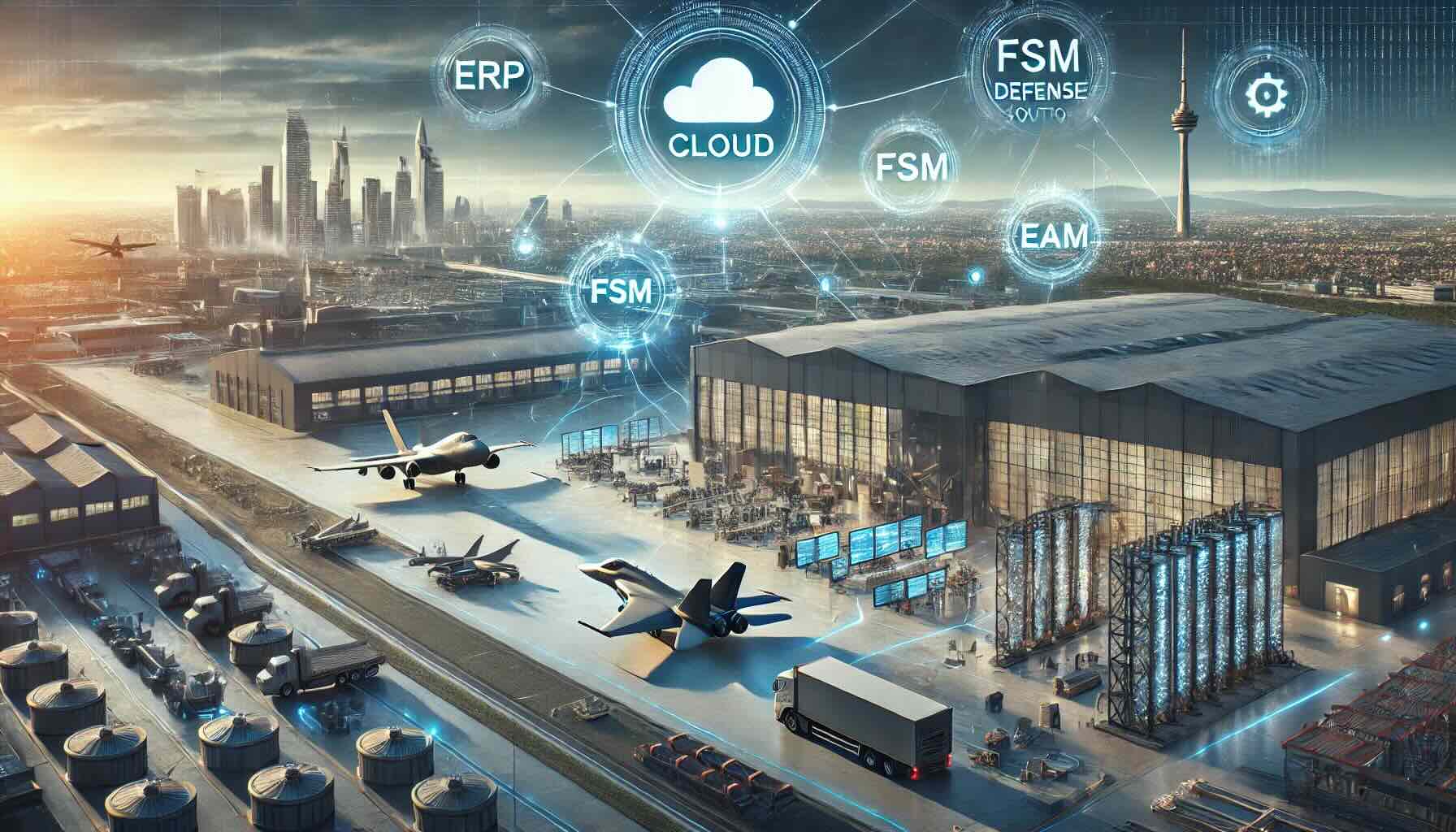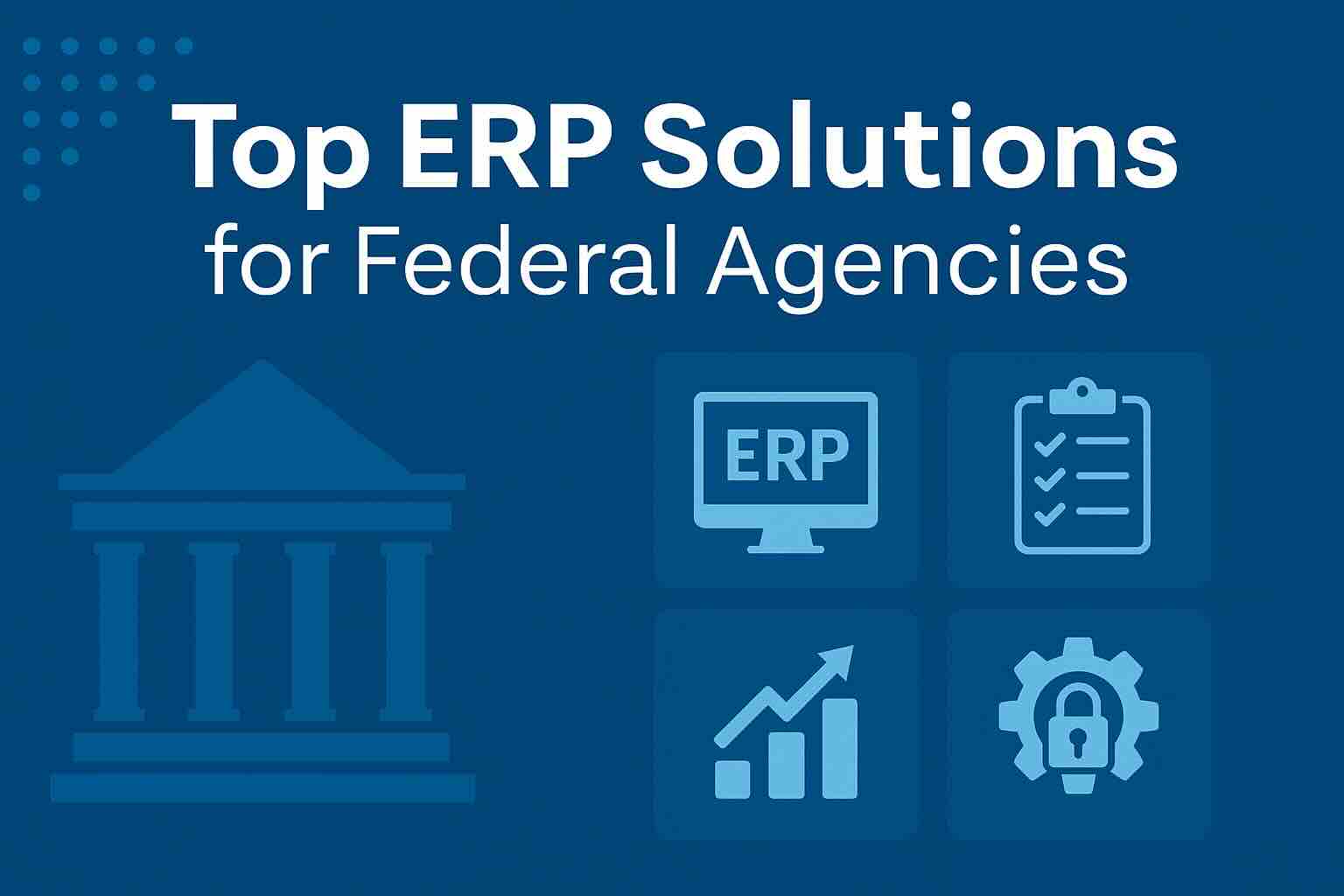Is IFS a Good ERP for Aerospace and Defense?

In the complex and highly regulated world of Aerospace and Defense (A&D), selecting the right Enterprise Resource Planning (ERP) system is critical for maintaining operational efficiency, compliance, and competitiveness. Among the various ERP solutions available, IFS (Industrial and Financial Systems) stands out as a significant contender. But is IFS really the best choice for A&D companies? In this article, we will explore the key features, benefits, and considerations of using IFS for Aerospace and Defense.
Why ERP Systems Matter in Aerospace and Defense
The A&D sector operates in a challenging environment characterized by strict regulations, long project lifecycles, and the need for impeccable quality and traceability. An ERP system in this context must handle everything from complex supply chain management to project-based manufacturing, compliance with defense contracts, and lifecycle management of aerospace assets.
A good ERP system should not only streamline operations but also provide deep industry-specific functionality that addresses the unique challenges of the A&D sector. This is where IFS comes into play.
Overview of IFS
IFS is a global ERP provider known for its flexibility and focus on asset-intensive industries, including Aerospace and Defense. The company was founded in 1983 and has since developed a reputation for delivering industry-specific solutions that can be tailored to meet the unique needs of its customers.
IFS Applications, the flagship product, is a comprehensive suite of ERP, EAM (Enterprise Asset Management), and ESM (Enterprise Service Management) software. It supports a wide range of functions, including manufacturing, project management, supply chain management, and maintenance, all within a single integrated platform.
Key Features of IFS for Aerospace and Defense
- Project-Based Manufacturing: IFS supports project-based manufacturing, which is crucial in A&D where production is often tied to specific contracts or projects. The system allows for detailed project planning, resource allocation, and cost tracking, ensuring that projects stay on time and within budget.
- Regulatory Compliance: Compliance with regulations such as ITAR (International Traffic in Arms Regulations) and DFARS (Defense Federal Acquisition Regulation Supplement) is mandatory in A&D. IFS provides robust tools to manage compliance requirements, including audit trails, document management, and automated reporting.
- Supply Chain Management: IFS excels in complex supply chain environments typical in A&D. It offers real-time visibility into supply chain operations, from procurement to inventory management, helping companies mitigate risks and ensure timely delivery of components and materials.
- Maintenance, Repair, and Overhaul (MRO): The MRO capabilities in IFS are highly regarded in the A&D sector. The system enables companies to manage the entire lifecycle of aerospace assets, including preventive maintenance, repairs, and overhauls, which are critical for maximizing asset uptime and ensuring safety.
- Lifecycle Management: Aerospace and defense projects often involve long lifecycles, from initial design through production and post-production support. IFS offers comprehensive lifecycle management tools that integrate with other functions like supply chain and project management, providing a holistic view of product and project lifecycles.
- Global Capabilities: IFS is designed to support global operations, which is essential for A&D companies operating across multiple countries. The system supports multiple currencies, languages, and tax jurisdictions, making it easier to manage international projects and contracts.
Benefits of Using IFS in Aerospace and Defense
- Industry-Specific Functionality: Unlike some generic ERP systems, IFS is tailored to the specific needs of the A&D industry. This means less customization is required, leading to faster implementations and lower total cost of ownership.
- Flexibility and Scalability: IFS is known for its flexibility, allowing A&D companies to tailor the system to their unique processes. It is also scalable, making it suitable for both mid-sized companies and large enterprises with complex needs.
- Integrated Solution: IFS offers an integrated solution that combines ERP, EAM, and ESM functionalities. This integration helps break down silos within organizations, leading to improved communication, streamlined processes, and better decision-making.
- Enhanced Compliance: The robust compliance tools in IFS help A&D companies stay compliant with strict industry regulations, reducing the risk of fines, legal issues, and reputational damage.
- Improved Asset Management: With its strong MRO and lifecycle management capabilities, IFS helps A&D companies optimize the use of their assets, leading to cost savings and increased operational efficiency.
Considerations When Choosing IFS
While IFS offers numerous benefits, it is essential to consider several factors before committing to the platform:
- Implementation Complexity: As with any ERP system, the implementation of IFS can be complex and resource-intensive. It requires careful planning, a clear understanding of business processes, and a commitment to change management.
- Cost: IFS can be more expensive than some other ERP solutions, especially for smaller companies. It is important to conduct a thorough cost-benefit analysis to ensure that the investment will deliver the expected returns.
- Customization Needs: Although IFS is industry-specific, some customization may still be required to meet the unique needs of certain A&D companies. It is important to assess whether the system’s out-of-the-box functionality aligns with your business requirements.
- Vendor Support: The quality of vendor support can vary depending on the region. It is crucial to ensure that IFS offers adequate support in your location and that you have access to the necessary resources during and after implementation.
Conclusion: Is IFS the Right Choice for Your A&D Business?
IFS is undoubtedly a strong contender for Aerospace and Defense companies looking for a robust, industry-specific ERP solution. Its comprehensive features, tailored to the needs of the A&D sector, make it an excellent choice for companies that require project-based manufacturing, stringent compliance, and lifecycle management capabilities.
However, the decision to implement IFS should be based on a thorough analysis of your company’s specific needs, budget, and long-term goals. While IFS offers significant advantages, it is essential to weigh these against the potential challenges of implementation and customization.
In conclusion, IFS is a powerful ERP system for the Aerospace and Defense industry, but like any major business decision, it should be carefully evaluated to ensure it aligns with your organization’s strategic objectives.
To compare IFS with 100s of other ERP solutions, you can use our new AI-powered Compare ERP tool. It’s free to use and you get a guaranteed discount on your first year’s licence fees with a referral from Compare ERP.









